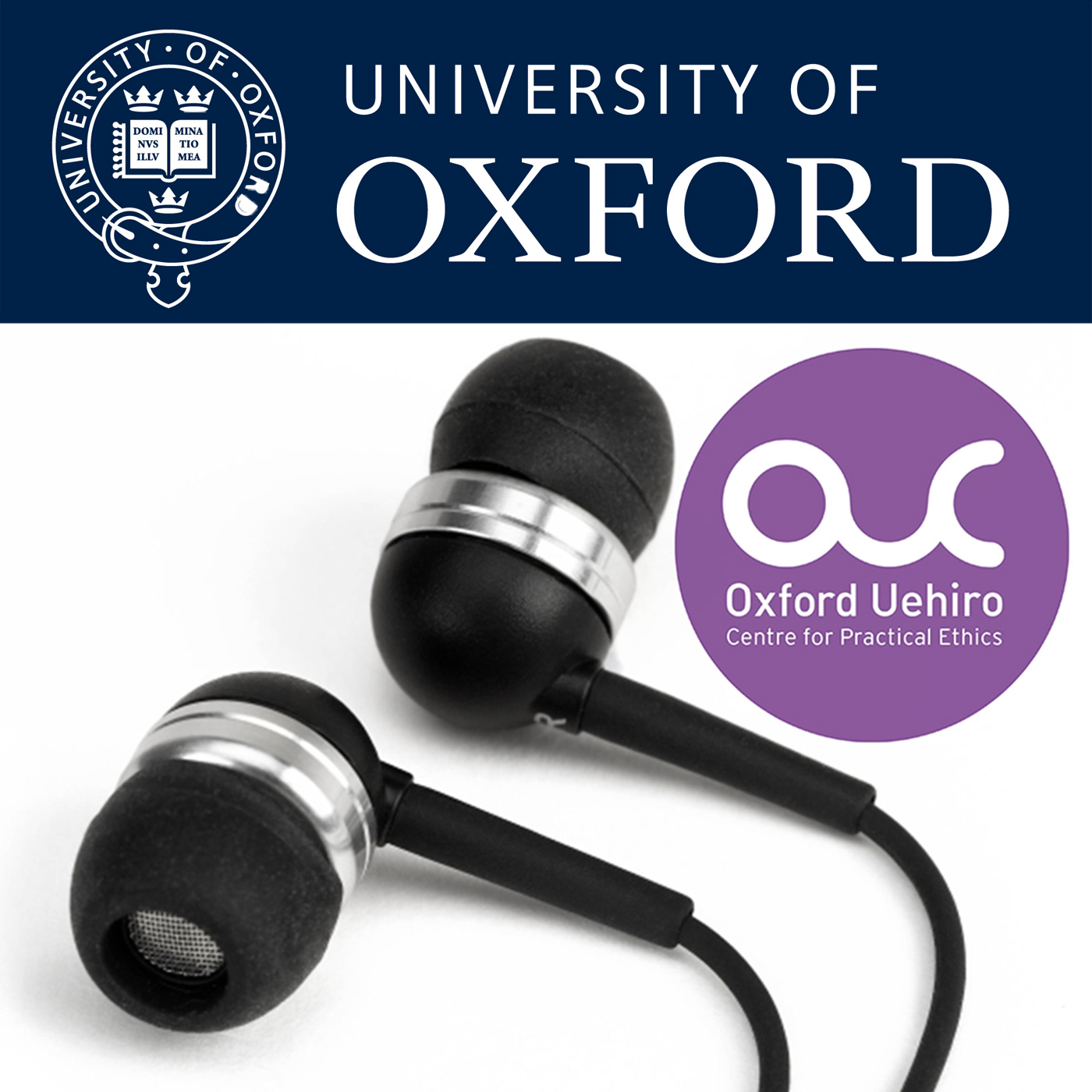Affect, Value and Problems Assessing Decision-Making Capacity
Description
MT20 New St Cross Special Ethics Seminar with Assoc. Professor Jennifer Hawkins Valid informed consent to treatment requires that the person giving consent have decision-making capacity or (what amounts to the same thing) must be mentally competent. To date the most influential model for both conceptualizing what capacity is, and for assessing it clinically, is the “four abilities model” developed by Thomas Grisso and Paul Appelbaum. Despite its popularity, however, this framework is flawed. It not infrequently delivers the wrong verdict in certain kinds of cases involving strong emotions and/or problematic values. Given that we want to (a) avoid objectionable forms of paternalism (b) avoid labeling as incompetent those who simply have unusual values and (c) avoid assuming that mental illness entails lack of capacity, it can seem as if there is no good solution to the problems posed by these cases. Nonetheless, there is a way we can proceed while avoiding these moral pitfalls. In this paper I first offer a better way of conceptualizing what it is we are trying to determine in capacity assessments, and then sketch an alternative way to assess capacity that avoids the moral pitfalls while yielding better, more plausible results in the problem cases. Creative Commons Attribution-Non-Commercial-Share Alike 2.0 UK: England & Wales; http://creativecommons.org/licenses/by-nc-sa/2.0/uk/
More Episodes
A St Cross Special Ethics Seminar, recorded at St Cross College, Oxford in February 2024. Demandingness objections have become a stock argument in ethics claiming that single moral demands or entire moral theories must be given up or altered if they ask too much of agents. But can we clearly...
Published 03/28/24
Professor Predrag uses a comparison of money and morality to explore the mutual relationship between morality and personality. To clarify the tension that exists between morality and personality, Cicovacki opens his talk by comparing the development of the money economy and morality. Money and...
Published 11/09/23
Professor Mark Coeckelbergh considers whether AI poses a risk for democracy n this St Cross Special Ethics Seminar Cases such as Cambridge Analytica or the use of AI by the Chinese government suggest that the use of artificial intelligence (AI) creates some risks for democracy. This paper...
Published 03/13/23


